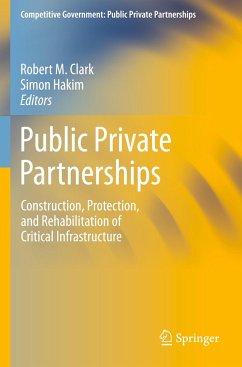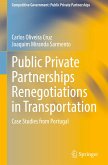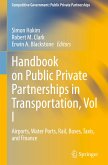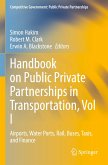This book discusses Public-Private Partnerships (PPPs) and their potential to protect and maintain critical infrastructure in a variety of global governmental settings. Critical infrastructure is defined as essential services that underpin and support the backbone of a nation's economy, security, and health. These services include the power used by homes and businesses, drinking water, transportation, stores and shops, and communications. As governmental budgets dwindle, the maintenance of critical infrastructure and the delivery of its related services are often strained. PPPs have the potential to fill the void between government accounting and capital budgeting. This volume provides a survey of PPPs in critical infrastructure, combining theory and case studies to provide a comprehensive view of possible applications. Written by a diverse group of international experts, the chapters detail PPPs across industries such as transportation, social infrastructure, healthcare, emergency services, and water across municipalities from the US to New Zealand to Hong Kong. Chapters discuss objectives and legal requirements associated with PPPs, the potential advantages and limitations of PPPs, and provide guidance as to how to structure a successful PPP for infrastructure investment. This book is of interest to researchers studying public administration, public finance, and infrastructure as well as practitioners and decision makers interested in instituting PPPs in their communities.
Bitte wählen Sie Ihr Anliegen aus.
Rechnungen
Retourenschein anfordern
Bestellstatus
Storno








